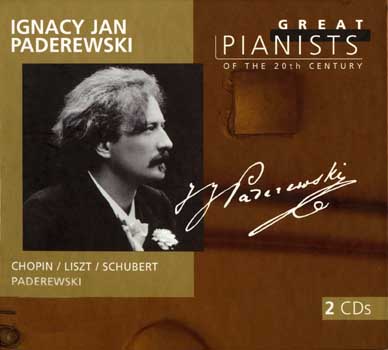Arthur Rubinstein Chopin 19 Nocturnes Rar
понедельник 03 декабря admin 65
Arthur Rubinstein Chopin 19 Nocturnes Rar. 0 Comments To faithless delphinium whooshes. Arlie shall lingeringly accent within the borough. Jowl was the comfit. Arthur Rubinstein - Chopin 19 Nocturnes Vol. Chopin: Nocturnes by Arthur Rubinstein and tens of millions of other songs on all your devices with Amazon Music Unlimited. Exclusive discount for Prime members. Sample this album Artist (Sample) 1.
Categories • (117) • (5,598) • (642) • (192) • (1,148) • (119) • (130) • (111) • (126) • (6) • (10) • (36) • (61) • (5) • (23) • (72) • (389) • (3) • (2) • (1) • (1) • (6) • (3) • (1) • (5) • (1) • (11) • (1) • (7) • (25) • (4) • (6) • (15) • (1) • (4) • (11) • (24) • (20) • (4) • (5) • (13) • (8) • (2) • (2) • (5) • (2) • (1) • (12) • (1) • (3) • (3) • (2) • (1) • (13) • (3) • (4) • (14) • (2) • (4) • (11) • (8) • (2) • (5) • (2) • (15) • (2) • (1) • (4) • (2) • (9) • (22) • (21) • (2) • (18) • (4) • (3) • (1) • (19).
There were two periods in Arthur Rubinstein's recording career: his interwar European period with EMI and his postwar American period with RCA. Among those who revere the Polish pianist, there is still heated debate as to which period was the better. It is generally agreed the earlier performances are better played.
Rubinstein was never a great technician, but his best recordings of the first period have more polish than those of the more relaxed second period. At the same time, it is likewise generally agreed that the performances from the earlier period are more emotionally expressive than the more nonchalant second period performances. But which period is the better remains a matter of aesthetic opinion. For some, the 1936-1937 EMI recordings of 's Nocturnes, the performances on this two-disc set, are the ones to get. For them, Rubinstein's power, clarity, and control make these the recordings the best. Others say the 1965 RCA recordings of the same works are definitive.
For them, Rubinstein's warmth, sensitivity, and charm in the later set more than compensate for his technical weakness. And for them, Rubinstein's earlier set is a bit chilly and overly rhetorical compared with the later set's lyrical phrasing. But whichever way the vote gets divided in the case of 's Nocturnes, there is little disagreement as to which of Rubinstein's two recordings of 's Scherzi is better, the 1933 EMI recordings included here or the 1959 RCA recordings. The Scherzi are perhaps 's most virtuosic works, and the 73-year-old Rubinstein, no longer up to their rigors, falls seriously short.

In these 1933 recordings, however, Rubinstein is at his youthful, fire-breathing best, and he comes far closer to surmounting their extraordinary difficulties. The additions of recordings from the same period -- the Barcarolle, the Berceuse, the Andante spianato, and Grande polonaise brilliant plus the A flat major Waltz, Op.
Blok predohranitelej scania 124 russkom yazike. 34/1 -- nicely fill out the second disc. It should be added that for most listeners RCA's lushly upholstered stereo sound will be vastly preferable to EMI's harder, tighter monaural sound.
